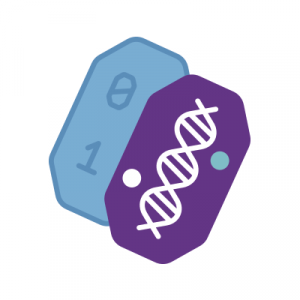There has been a revolution in the way biology research is driven by the intensive use of computing resources from supercomputers to specialized high-performance environments. New high-throughput laboratory methods such as DNA microarray or Next-generation sequencing (NGS) produce several complex genomic data that describe gene expression levels, protein-protein interactions, and other information about how genes and proteins interact in living cells. They require an HPC vision and direction for leveraging on-demand management HPC bioinformatics systems.
This workshop will cover topics related to the interoperability of supercomputing and bioinformatics technologies that are being leveraged by real use cases and research infrastructure with a goal to improve the performance and efficiency of extreme-scale scientific workflows in several areas of bioinformatics and computational biology.
Emerging requirements from bioinformatics applications supported by HPC technologies offer new opportunities for engagement between the Latinoamerican bioinformatics communities.


